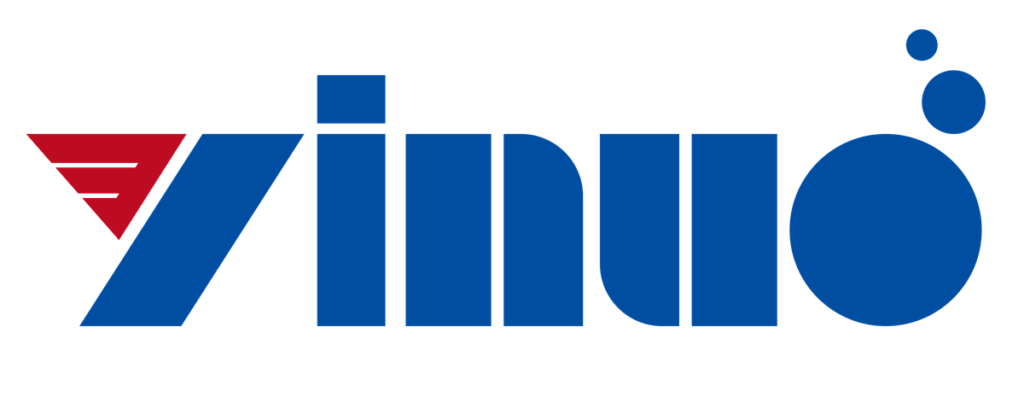Principles and standards of modern quality management
On the basis of summarizing and absorbing the essence of quality management theories from all over the world, the relevant working group of the International Organization for Standardization put forward eight principles of modern quality management:
(1) The principle of focusing on customers;
(2) Principles of leadership;
(3) The principle of full participation;
(4) Principles of process method;
(5) Principles of the systematic method of management;
(6) The principle of continuous improvement;
(7) Principles of fact-based decision-making methods;
(8) The principle of mutually beneficial relationship with the supplier.
Together with the ISO 9000 family standards, these basic principles are programmatic documents that guide manufacturing companies or manufacturing systems to establish a quality management system and conduct modern quality management.
SMT chip processing 001
The ISO 9000 series of standards was formulated by the International Organization for Standardization in 1987. It is an international standard that aims to further improve the quality management level of manufacturers. Its purpose is to help managers achieve their predetermined quality policy goals by formulating a practical quality management system. , It is a quality management standard generally followed internationally. The ISO 9000 series of standards include the following 6 quality standards: ISO 8402-1986 “Quality-Terminology); ISO 9000 -1987 “Quality Management and Quality Assurance Standards-Selection and Use Guidelines”; ISO 9001-1987 (Quality System- Quality Assurance Model for Design, Development, Production, Installation and Service; ISO 9002-1987 “Quality System-Quality Assurance Model for Production and Installation”; ISO 9003-1987 “Quality System-Quality Assurance Model for Final Inspection and Testing” ; ISO 9004 -1987 “Quality Management and Quality System Elements-Guidelines”.
The 2000 version updated on the basis of the ISO 9000 series of standards is called the ISO 9000 family of standards. It consists of a set of closely related core standards and other supporting standards and documents. In the ISO 9000 family of standards, the quality management system is clear Put forward 20 elements and the standards that these elements should meet. Among the 20 elements, the essence is “human, machine, material, law, and environment.” It has practical operability, as well as the continuity of inheritance and development; it is not restricted by specific industries or economic sectors, and can be widely used. Applicable to organizations of all types and sizes, promoting mutual understanding and trust in domestic and international trade. The ISO 9000 family of standards is the product of the summary and sublimation of the experience of all countries in the world in implementing total quality management. It has been universally recognized by all countries and industries in the world, and has become a bridge for communication and communication between different industries. Whether it can pass the 190 9000 certification has also become a mark of whether an enterprise has credible product quality control and management capabilities.


